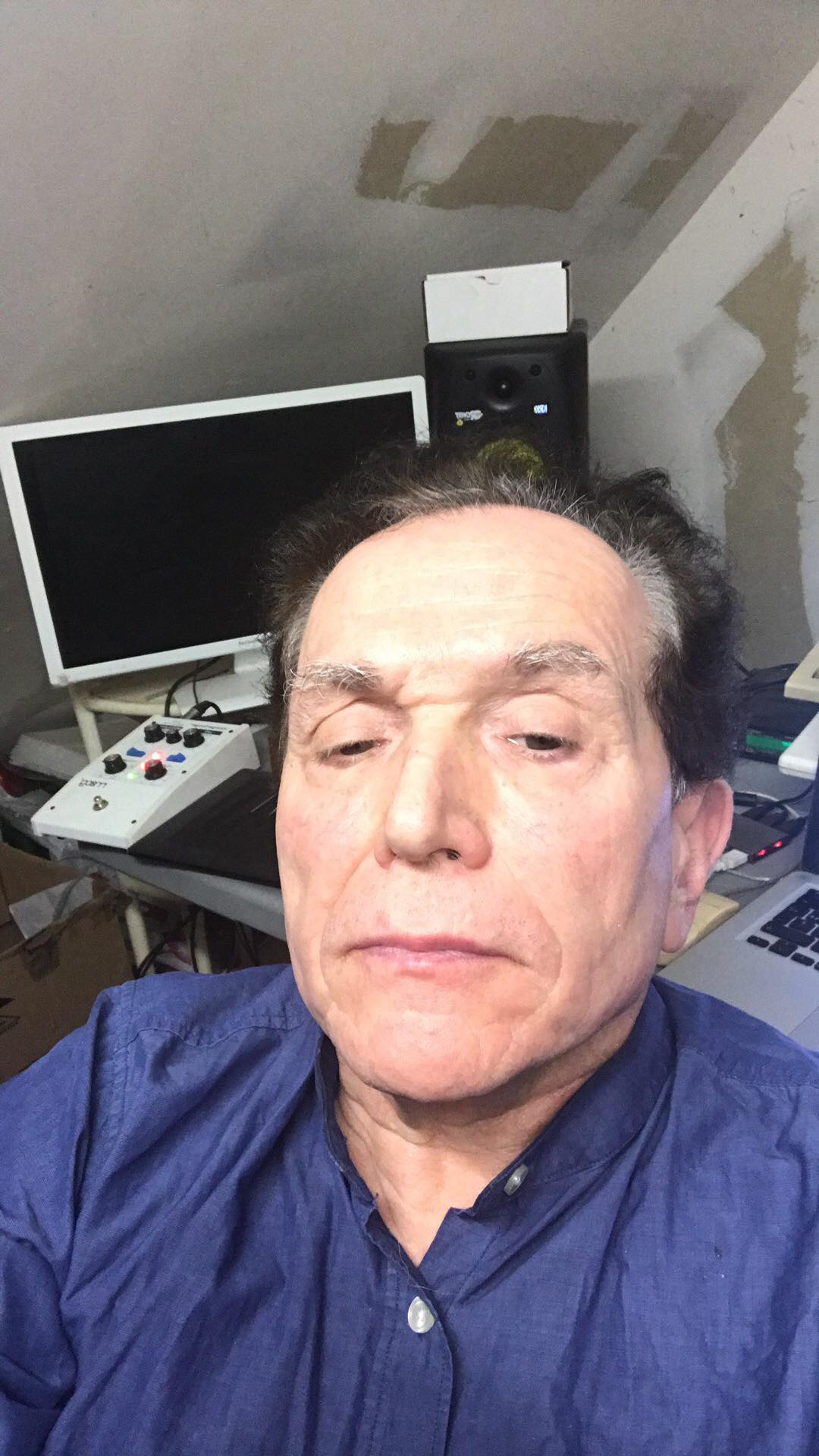For more, read here.
1. Which was the first sound you heard?
Sounds of New York City, screeching subways, cars blowing their horns…sounds of people screaming or yelling or cheering, machines in my father’s gear factory.
2. When did you begin to explore and play/compose music?
I was re-composing the piano pieces my teachers gave me to play all the time starting at 8 years of age, especially liking to play with time. I was accused of being unable to hold a steady beat because I was always stretching or compressing time according to how I felt the music in my body. I first started to write down my own music at the age of 21.
3. What will you remember the most from your cooperation & friendship with Xenakis?
His emphasis that music must be very free today, that each composer must follow their own path, that music is cold fire and that composing is an ek-stasis.
4. Which work of yours do you think it’s the best or represents well all your work?
There is no work which represents well all. But I would say that Heliophonie represents best my electronic work and for acoustical music my contrabass piece, 3 Quantic Etudes.
5. What would you do if capitalism and money stopped existing?
I would rejoice.
6. Do you believe that microtonality is necessary for musicians and listeners anymore?
I compose in the continuum of sound which is multidimensional: microtonal, microdynamical, microtimbral, microspatial, microtemporal, microformal, mesoformal and macroformal… In brief, the sound itself in continuous transformations as a topologically shape shifting object in space-time.
7. Do you believe that free improv is fundamental?
It can be if people, like Cecil Taylor, for example , practice it many hours a day. Then, it can be truly free. We must first free ourselves from cliché and laziness to « freely improvise as no doubt Bach and Messiaen did on the organ.
8. What’s your opinion about John Cage?
I met John Cage and spent several days with him in 1987 organizing a 75th birthday celebration of 3 concerts of his works. He was extremely intelligent, laughing often, but when it came to food and music very disciplined. He ate only macrobiotic food, composed all the time except when rehearsing. He despised musicians that didn’t practice enough, fàkers who tried to get by by sight reading. He said of them: «They didn’t make it beautiful.»
9. Tell me some of your fav artists (from all arts) & philosophers.
Heidegger, Lacan, Freud, Artaud, Holderlin, Nerval, Hantai, Munch, Stockhausen, Cecil Taylor, Quentin Meillassoux, Xenakis, George Cacioppo, Scelsi, Nono, Scriabine, Heraclitus, Meister Eckhart, Beckett…
10. What’s your main goal in your art/life?
To compose my cycle of music theater pieces SUNSET TIME which will take at least 20 years…
11. What advice do you want to give to young/new musicians and listeners?
Be free but work hard and seriously. Be honest and sincere, never lie to yourself or to others. Serve Music not your own ego. Leave money and success to those who need it.
12. End this interview however you want.
Thank you very much for your questions !
